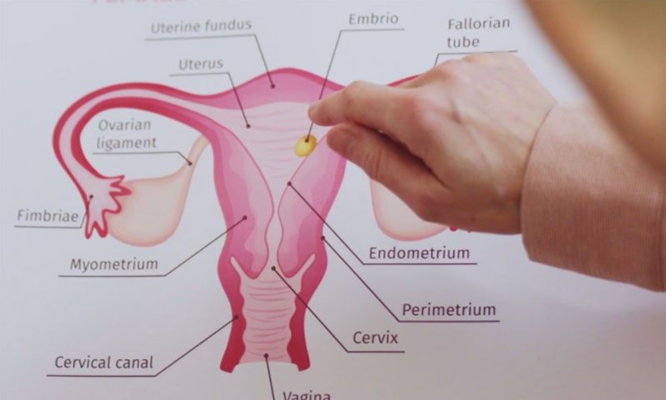A world free of cervical cancer 2023

The 2020 World Health Organization worldwide strategy to accelerate cervical cancer eradication includes three primary pillars: 1) increasing HPV vaccination of all girls 9 to 14 years old to 90%, 2) increasing cervical cancer screening of women twice, at 35 and 45 years old, to 70%, and 3) increasing treatment of all women with precancerous lesions and invasive cervical cancer to 90%. Ideally by 2030.
Girls’ pre-sexuality vaccination prevents cervical cancer. The national vaccination program should include HPV vaccines.
The Philippines began HPV immunization in 2013. The DOH vaccinated 20 high-poverty provinces in 2015. It was later implemented in municipal governments.
52 provinces, 64 cities, and one municipality are now vaccinating. The DOH reported that just 30% of 9-year-old females were vaccinated.
It was not nationwide. 81% of females under 14 were not HPV-vaccinated. Thus, if undiagnosed, they are more likely to develop cervical cancer.

These emphasize cervical cancer prevention, diagnosis, and therapy.
A consultation session was organized on June 14, 2023, to address the country’s present condition, worldwide cervical cancer elimination efforts, and HPV vaccination rates among Filipino school-age and teenage girls.
The HPV Vaccine Acceleration Program Partners Initiative (HAPPI) Project, a coalition of international non-governmental organizations directed by Jhpiego Philippines, provided technical support to the Department of Health.

Government, professional societies, patient groups, private sector, civil society, and international organizations involved in child, adolescent, and women’s health, school health, immunization, and women’s cancer attended the workshop.
The WHO recommends strong lobbying and strategic collaborations to get the government and other stakeholders to prioritize cervical cancer. These relationships will allow the formation of a friendly and enabling environment, resulting in sustainable resources and more collaborations.
Advocacy is essential to transform innovative ideas into timely policies, practice improvements, and resource allocation. Advocacy involves alliances, networks, advocates, local evidence, engaging communications materials, and program monitoring and assessment.
Stratbase ADR Institute launched the Philippine Cervical Cancer Elimination Movement on May 25 with a hybrid event. Jhpiego Philippines, Philippine Obstetrical and Gynecological Society, Philippine Society for Cervical Pathology and Colposcopy, Cancer Coalition of the Philippines, and UHC Watch are partners.
Prof. Dindo Manhit, head of the Stratbase ADR Institute, remarked that “effective advocacy and communication strategies can overcome the many challenges that impede access to and use of cervical cancer prevention and care services” during the occasion. These plans should represent national policy and be implemented across the health system.”
“They have done school-based vaccination then shifted to community-based vaccination during the COVID-19 pandemic but still, there are a lot of problems encountered,” said DOH Cancer Control Division chief Dr. Jan Aura Laurelle Llevado.
The service delivery approach must be tested, she added. “We must integrate vaccination services into other public health programs.”
